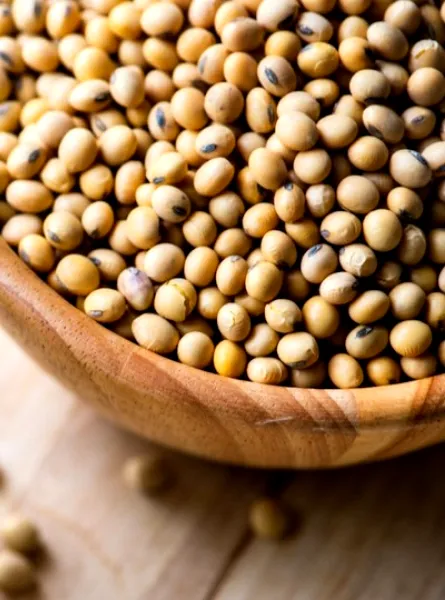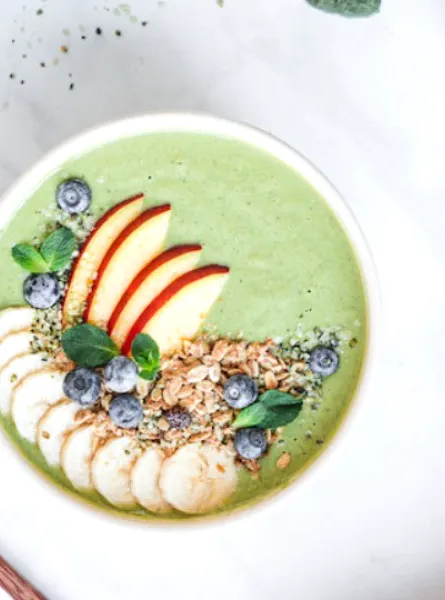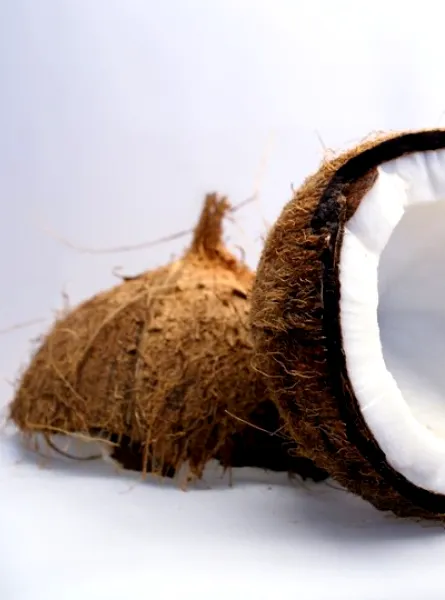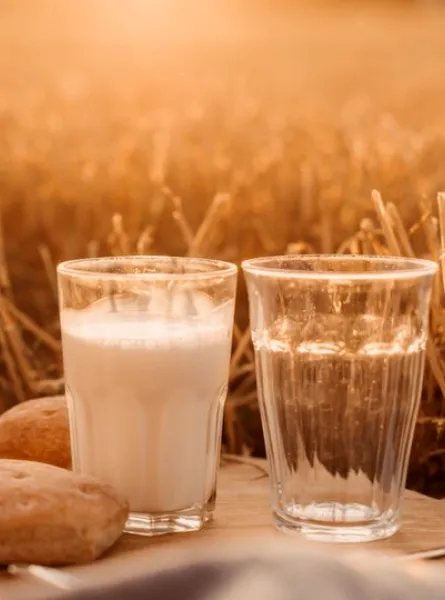
World Vegan Day is celebrated every November, but you can try a plant-based diet any time of the year.
A common regret among vegans is that they didn't start sooner. Of course, the reasons why people try veganism will vary. Some make that choice for their health, others for the environment, animals, or all of those reasons combined.
If you have hesitations, though, be sure that they're not because of persisting vegan myths. Let's address some of those misconceptions to help you make an informed decision about whether a vegan lifestyle is something you'd like to pursue.
1. Vegans Don't Get Enough Protein
One of the most popular myths about vegetarianism and veganism is that followers are always at risk of not getting enough protein.
The truth is that vegans have plenty of options for plant-based protein. They can get it from oats, spinach, tofu, nuts, seeds, etc. Contrary to what some might believe, the protein in meat isn't "superior."
Protein is protein, whatever the source. It will help you build muscle, give you energy, and keep you full longer. Best of all, a vegan diet will provide you with enough of it as long as you vary your sources.
2. Vegan Diets Don't Provide Enough Calcium
Some might tell you that you should still drink dairy milk to get calcium if you're going vegan. While dairy is a good source of calcium, concerns about a deficiency once you go vegan are unfounded.
Leafy green vegetables are not only calcium-rich, but they also have better absorbability than dairy milk. Also, if you miss milk, you can always go for fortified plant milk.
Other vegan foods rich in calcium are soy-based foods, turnips, figs, chia, and seaweed.
3. Eating Vegan Foods Means You Need B12 Supplements
It's worth seeing a dietitian-nutritionist if you're considering supplements.
For vitamin B12, it's good to remember that many vegan-friendly foods are fortified with micronutrients. That includes B12. When grocery shopping, try to look for cereals, spreads, etc., to see if they're enriched or fortified with B12.
It also helps to know that B12 concerns aren't limited to vegans. It can be an issue for everyone, so again, it's a good idea to see a dietitian-nutritionist.
4. Soy Causes Breast Cancer in Humans
Some earlier studies showed that rodents that received large amounts of isoflavones (soy compounds) were more likely to develop breast cancer.
There's a difference, though, in how humans process soy, and more recent research cannot find a clear association between breast cancer and soy intake.
5. Going Vegan Is Too Hard
"There are so many restrictions!"
If you've heard that one from people who tried a vegan lifestyle and couldn't maintain it, perhaps they didn't give it enough time. Sure, the idea of excluding all animal products may seem extreme, but the focus should be on what you can eat, not what you can't.
The most exciting thing about going vegan is exploring new flavors and cooking methods. Embrace that instead of fixating on what you're missing.
Debunking Vegan Myths: What the Experts Have to Say
Vegan myths may be one of the reasons people are hesitant to try a plant-based diet.
However, if you're serious about changing your diet, it's best to consult a professional. For more information on vegetarian-vegan diets, our dietitian team is always ready to answer questions.
Feel free to contact us to learn more about our services.





